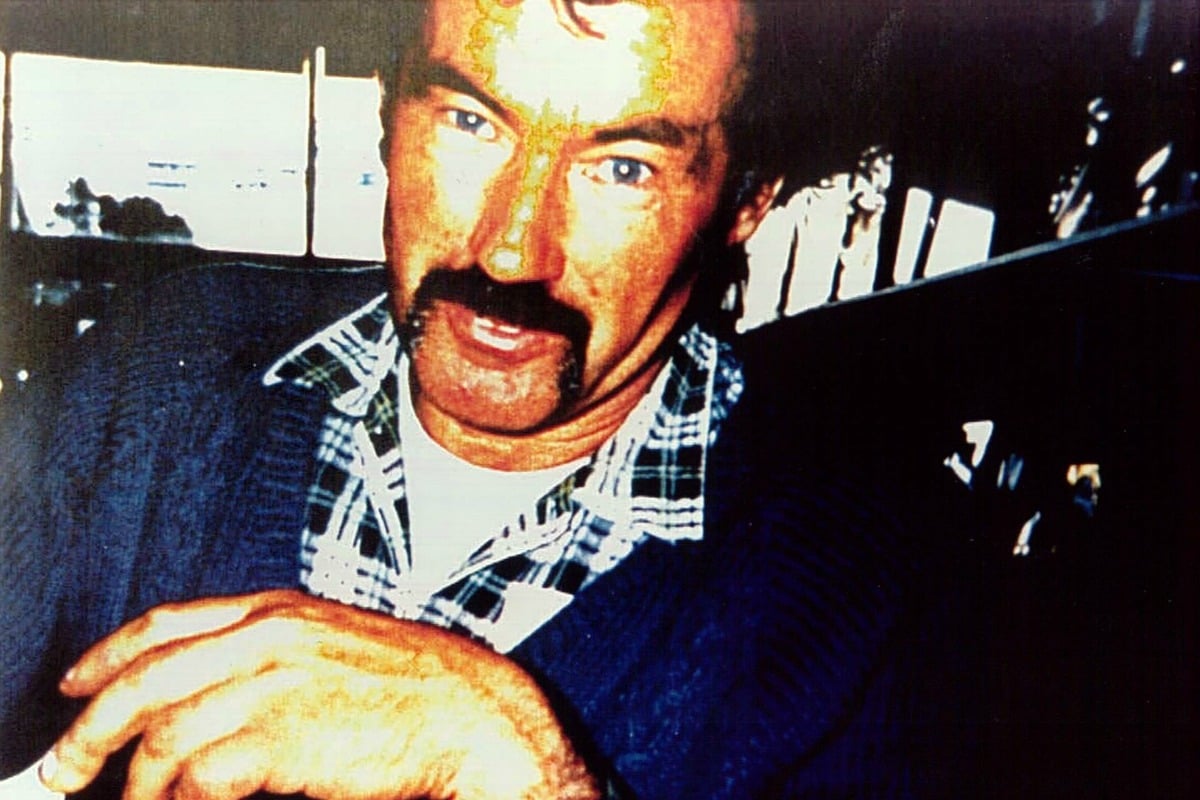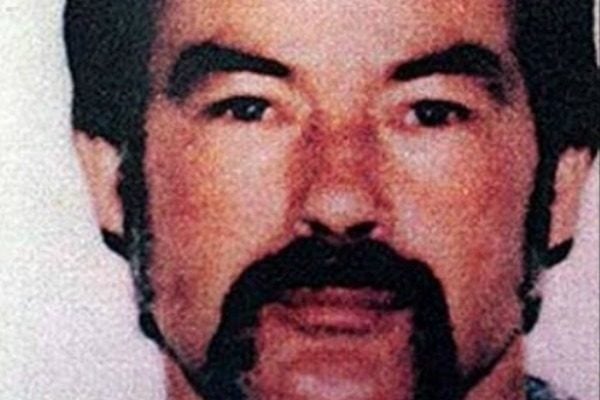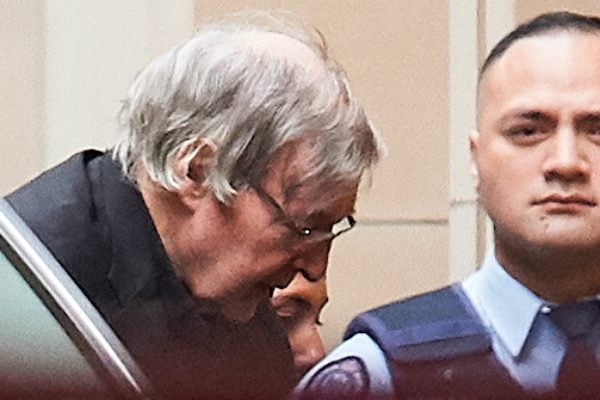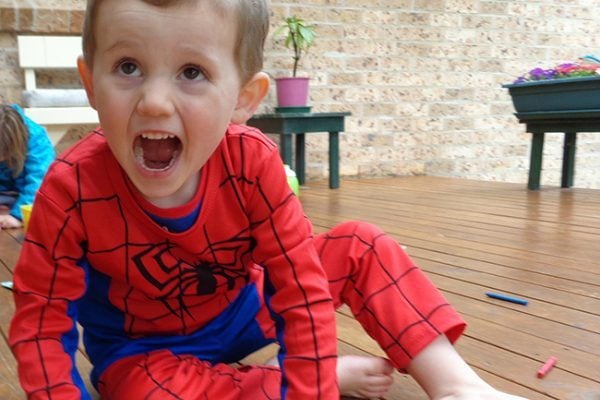
– With AAP.
1. Convicted serial killer Ivan Milat claims his innocence in new letter from prison.
Australia’s most notorious serial killer Ivan Milat has written to the media from Long Bay jail hospital, claiming he is innocent of the murder of seven backpackers.
In a three-page handwritten letter dated July 11 and sent to The Sun-Herald, the 74-year-old says his life since being arrested and convicted “has been devoted wholly to prove my innocence…(and) the court judiciary who conspired to obscure the miscarriages of justice”.
Milat was found guilty in 1996 of murdering seven backpackers whose bodies were found in makeshift graves in Belanglo State Forest in the 1990s.
He was transferred back to Long Bay jail hospital last weekend after spending more than a week at Prince of Wales Hospital in Randwick.




